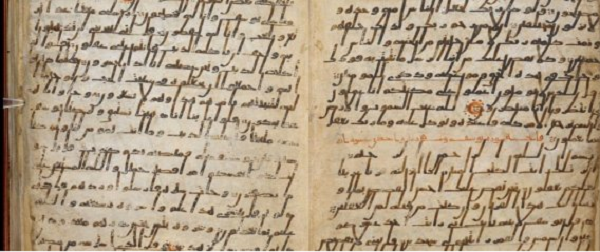
British Library’s oldest Qur’an manuscript now online
London (IINA) – The British Library’s oldest Qur’an manuscript, dating from the eighth century, has now been fully digitized and is available on the British Library’s Digitized Manuscripts site, British Library’s website reported.
Among the most ancient copies of the Qurʼan, it comprises 121 folios containing over two-thirds of the complete text and is one of the largest of known fragments of an early Qurʼan written in the maʼil – the sloping style of script.
This manuscript was purchased by the British Museum in 1879 from Greville John Chester, a clergyman interested in archaeology, Egyptology and natural history and made numerous trips to Egypt and the Near East, where he acquired objects and manuscripts. These objects and manuscripts are now in the collections of major British cultural and library institutions. It is very likely Chester acquired this Qur’an when he was in Egypt.
The earliest Qur’an manuscripts were produced in the mid-to-late seventh century, and ancient copies from this period have not survived intact and exist only in fragments.
This manuscript contains three series of consecutive leaves, which is about two-thirds of the Qur’an text and is one of the oldest Qur’anic manuscripts in the world.
The importance of this manuscript and all the other known early Qur’an fragments is that they provide the only available evidence for the early development of the written recording of the Qur’an text and help towards understanding of how early Qur’an codices were produced.
